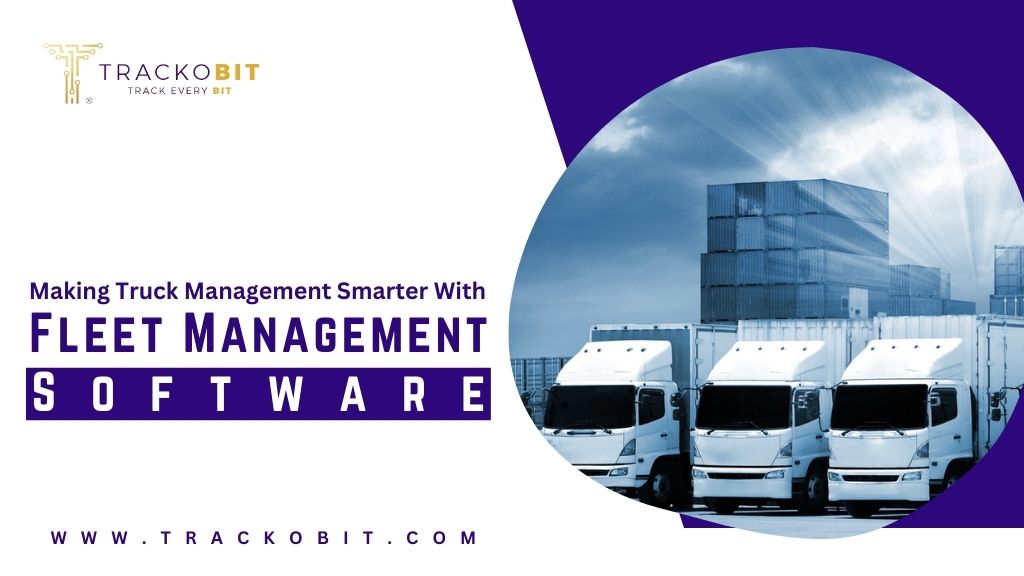When we talk about Business Central Premium and Business Central Essential, we are referring to the type of ERP user and it is linked to the functionalities to which they will have access.
What is the difference between Business Central Premium vs Essential ? And what type of user is the most suitable for your business ?
We are going to take a look at the functionalities that you can access depending on the type of user and that this way you make the best decision.
You’re in the market for an all-in-one business management solution, you might be considering Microsoft Dynamics 365 Business Central. However, you may have noticed that there are two versions of Business Central: Premium and Essential. While both versions offer a range of features designed to streamline business operations, there are some key differences to consider.
Dynamics 365 Business Central Essentials
The Essentials user has permissions to access the main Business Central modules:
Financial management: electronic payments, dimensions, multiple currencies, accounting budgets, cashflow, balances, account scheme, etc.
Sales: Pricing, invoices, discounts, sales order management, sales invoice discounts, alternate shipping addresses, and sales return order management.
Purchases: Billing of purchases, management of purchase orders and return of purchases, discounts on purchase invoices, etc.
Supply chain: management of purchase orders, locations, item transfers, inventory control and purchasing, shipping and distribution, returns and cancellations, purchasing and supplier management.
Project management: capacity management, associated costs, jobs and timesheets.
Inventory and Warehouse Management: Container setup, inventory pick and put away, warehouse receiving/shipping, internal pick and put away, order promissory warehouse management systems, and automated data capture.
The type of profile used by an Essentials user are administrative and financial, controllers, purchase and sales managers, but also warehouse managers.
As the name suggests, this version includes all of the essential features required to manage a business, such as financial management, purchasing, sales, inventory, and project management. Essential is perfect for small to medium-sized businesses looking for a basic all-in-one solution.
Dynamics 365 Business Central Premium
The Premium user incorporates all the features of an Essential, but also adds the features of Manufacturing and Management of service orders.
Service Orders – Service contract management, service item management, service order management, and service price management.
Manufacturing : Machine centers, standard cost worksheets, production bill of materials, release management, assembly management, production orders, and finite load
In addition, there are two more types of license for users who do not require access to all the advanced features of the ERP.
Business Central Premium offers all of the features included in Essential, as well as some additional advanced features designed for larger and more complex businesses. Premium includes capabilities such as service management, manufacturing, and supply chain management. Additionally, Premium allows for unlimited companies and advanced reporting.
One other key difference between the two versions is the licensing structure. Business Central Essential is licensed on a named user basis, meaning that each user requires their own license. Business Central Premium is licensed on a concurrent user basis, meaning that a set number of users can access the system at any given time.
So, which version of Business Central is right for your business? Ultimately, the answer depends on the size and complexity of your organization. If you’re a smaller business with basic needs, Business Central Essential is likely the best fit. However, if you’re a larger organization with more complex operations, Business Central Premium may be the better choice.
Dynamics 365 Business Central Team Member
This type of Business Central user is intended for those who need limited access. They are additional users with full read permissions and limited write permissions . Among the functionalities that can be carried out are:
Read to any data within Dynamics 365 Business Central
Update existing data and entries in Dynamics 365 Business Central
Approve or reject tasks in all workflows assigned to a user
Create, edit, delete a note
Create, edit, delete personal information
Enter a time sheet for jobs
Use PowerApps for Dynamics 365
Dynamics 365 Business Central Device
It is a type of license in which several users can use the same device. It is designed to operate as a point of sale, factory operators or warehouse operators. For example, in a production plant, multiple users can access the same terminal to record individual daily production.
Business Central Premium and Essential offer a range of features designed to streamline business operations. However, the key differences lie in the additional advanced features included in Premium, as well as the licensing structure. Ultimately, choosing the right version of Business Central requires careful consideration of your organization’s needs and requirements.
Conclusion:
Business Central Premium and Essential offer a range of features designed to streamline business operations. However, the key differences lie in the additional advanced features included in Premium, as well as the licensing structure. Ultimately, choosing the right version of Business Central requires careful consideration of your organization’s needs and requirements. Dynamics Square Canada is a leading Microsoft gold business central partner. we offer take choose right business central premium and essential offer your small business with growth.



